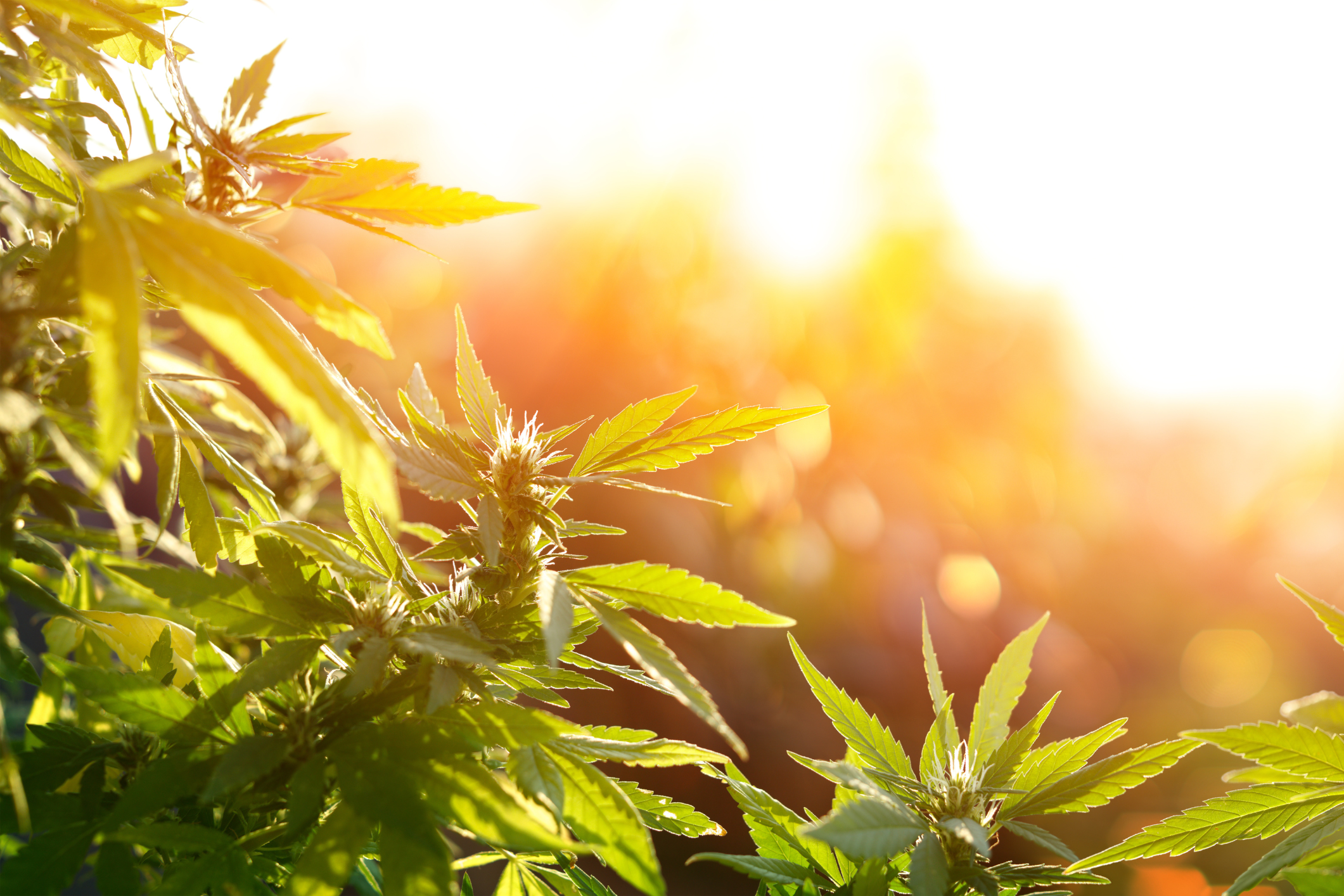By Charles S. Menifield and Yong-Chan Rhee
Marijuana was first legalized for medicinal purposes in California in 1996 (Kan et al. 2020). Since then, 37 more states and the District of Columbia have legalized medicinal marijuana. However, the prevalence of marijuana usage and the desire to bring in new forms of revenue led 21 states (including New Jersey) and the District of Columbia to legalize recreational marijuana as well (Berke et al. 2022).
However, do we really know what residents think about adult usage of marijuana or the benefits associated with its use? During the summer of 2022, the New Jersey State Policy Lab commissioned a survey with the Eagleton Center for Public Interest Polling to assess the opinions of New Jersey residents on a variety of pivotal issues. Cannabis was one of the issues included in the survey. More specifically, survey participants were asked if they agreed with or supported various statements related to the use of cannabis, benefits of medicinal and recreational cannabis, and whether they were in favor of legalization of adults growing cannabis for personal consumption.
The results of the survey shed much light on the aforementioned questions. Overall, survey participants overwhelmingly agreed that marijuana could benefit persons with certain medical conditions (91%), and that the use of medicinal (78%) and recreational (58%) marijuana outweighed the risks and harms associated with its use; almost two-thirds (63%) agreed that it should be legal for adults to grow marijuana for personal use. Figures 1, 2, and 3 show respondents’ agreement with various statements on potential benefits of using cannabis.
Figure 1. Agreement that Cannabis can be Beneficial to Persons with Certain Medical Conditions
Figure 2. Agreement that Benefits of Using Cannabis Medicinally Outweigh the Risk and Harms
Figure 3. Agreement that Benefits of Using Cannabis Recreationally Outweigh the Risk and Harms
The data also showed that survey respondents who identified with the Democratic Party were more supportive of legalization of adult use of cannabis than Republican and Independent respondents. Also, younger adults were more supportive of legalizing adult possession and growing marijuana for personal use, and were more likely to agree that the benefits of medicinal and recreational use outweighed its potential harms and risks. Finally, compared to those with lower incomes and less education, survey respondents with higher incomes and higher educational levels were more supportive of legalizing adult possession of small amounts of marijuana for personal use.
As New Jersey policymakers continue to consider legislation that impacts the legalization of cannabis, these data should be used to fine-tune that legislation because the implications are clear. For example, the data show that most survey respondents (63%) supported legalization of adults growing small amounts of marijuana for personal use. This suggests that the legal marijuana market could be impacted by the gray and black market moving forward as more individuals may grow marijuana for personal consumption. Thus, the revenue generated from the legal retail market could be negatively impacted.
Second, almost six in ten respondents (58%) agreed that the benefits of using cannabis recreationally outweighed the harms and risks associated with its use. While the current body of research provides various assessments of the benefits and risks associated with the use of marijuana, the reality is that the use of any drug comes with risks, including addiction. Hence, policymakers should be cognizant of this finding as they manage marketing campaigns to manage addiction and other risks associated with the use of cannabis in its many forms.
References
Berke, J., Gal. S., and Lee, Y.J. (2022). 2 new states voted to legalize marijuana in the 2022 elections. See a list of every state where cannabis is legal. Insider. November 2022. https://www.businessinsider.com/legal-marijuana-states-2018-1.
Kan, E., Beardslee, J., Frick, P.J., Steinberg, L. and Cauffman, E. (2020). Marijuana use among justice-involved youths after California statewide legalization, 2015–2018. American Journal of Public Health 110(1386-1392). https://doi.org/10.2105/AJPH.2020.305797.




